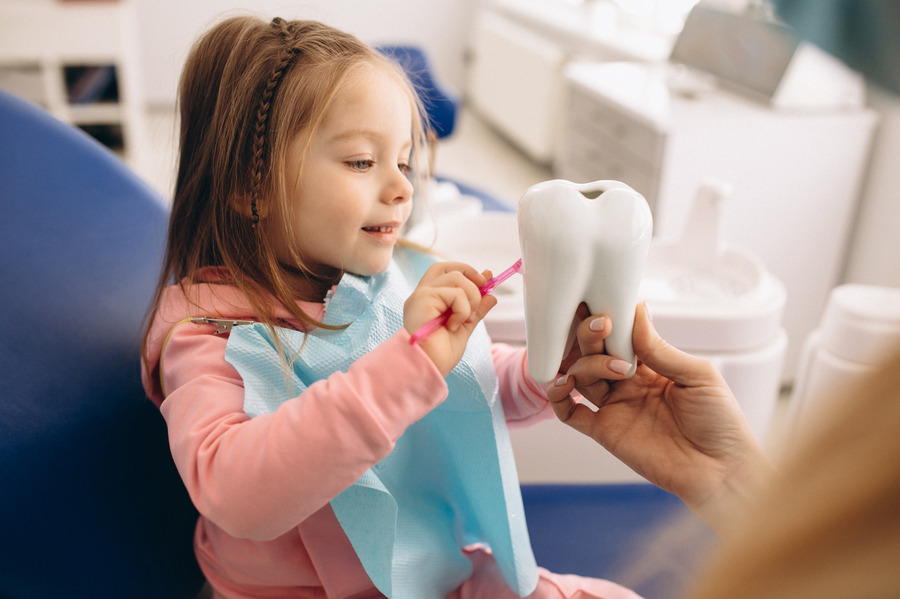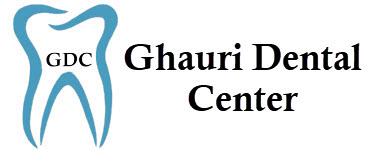Preventative Dental Care And Hygiene
What is preventative dental care? Its benefits, services, and definition
Keeping your family’s teeth healthy and clean requires preventative dental care. Regular oral hygiene routines help maintain our teeth with this form of dental care, preventing serious dental problems later!
If you are considering consulting a preventative care dentist in Aubrey, TX, but want to know more about the preventative care industry, read on to learn more about its responsibilities, benefits, and services. It’s time to start!

How does preventative dental care work?
Maintaining dental and oral hygiene requires preventative dental care. Regular dental checkups, dentist cleanings, and proper brushing and flossing habits are essential.
What are the providers of preventative dental care?
- General or Family Dentist
General dentists or family dentists provide preventative dental care. Family dentists specialize in routine preventative care, such as X-rays and regular checkups. By identifying potential dental problems early, they can help you maintain a healthy oral and dental hygiene routine.
- Paediatric Dentist
The importance of preventative dental care begins in early childhood; therefore, a paediatric dentist in Aubrey, TX, offers preventative dentistry services. A dentist performs regular checkups and examinations on children and helps them follow a dental care routine to maintain healthy teeth.
Dental Preventative Care Benefits
- From a young age, preventative dental care lowers the risk of gum disease, tooth decay, and other serious dental problems.
- By doing so, you and your family can establish an effective dental care routine, including flossing, brushing twice daily, etc.
- As part of preventative dental care, your dentist will regularly examine your neck, jaw, and mouth to identify and correct any dental problems.
- Diabetes, osteoporosis, and eating disorders are chronic medical conditions that require preventative dental care. Regular preventative care will minimize the impact of these diseases on dental health.


Dental Services Provided Under Preventative Care
- From a young age, preventative dental care lowers the risk of gum disease, tooth decay, and other serious dental problems.
- By doing so, you and your family can establish an effective dental care routine, including flossing, brushing twice daily, etc.
- As part of preventative dental care, your dentist will regularly examine your neck, jaw, and mouth to identify and correct any dental problems.
- Diabetes, osteoporosis, and eating disorders are chronic medical conditions that require preventative dental care. Regular preventative care will minimize the impact of these diseases on dental health.
Dental Services Provided Under Preventative Care
- Oral Examinations
Regular dental examinations are the most significant aspect of preventative dental care. It includes X-rays of your mouth, jaw, and neck to check your overall dental and oral health.
- Oral Cleaning and Hygiene
Preventative dental care specialists will perform thorough oral cleanings periodically to ensure your teeth remain healthy and clean. You will avoid cavities and gum disease in the future.
- Fluoride Treatment
Fluoride treatment is an integral part of oral hygiene maintenance. When your preventative care specialist identifies a cavity early on, they can provide fluoride treatment to ensure it doesn’t grow above and beyond.
- Education in Home Care
The dental specialist will educate you extensively on home care as part of your preventative dental care. In addition to flossing and brushing correctly, your dentist will provide you and your family with a simple yet effective home dental care routine.
Summary
As you can see, regular dental care is extremely helpful for you and your family. This prevents severe oral problems later by ensuring proper dental care. Get started on your preventative dental care journey with our dentist. All the best!

Gum Disease FAQs
Frequently Asked Questions
What are the symptoms of gum disease?
Common symptoms of receding gums and bone loss are listed below.
- You may notice that the teeth look longer than before or that the gum looks like it is pulling back from the teeth
- You may notice a yellow edge at the margin of the tooth where it meets the gum (exposed tooth structure called Dentine)
- You may suffer sensitivity at the gumline
- You may notice deep pockets of gum forming in between the teeth
- You may see or feel spaces between the teeth developing
- You may notice a change in the way the teeth come together when you bite
- Your teeth may be mobile (moving)
- Your gums may be swollen, tender or bleed easily
- You may suffer from bad breath or notice pus from the gum.
I have diabetes. Does it mean I will get gum disease?
Diabetes is a chronic disease which affects your body’s ability to process sugar. The resulting high blood sugar can cause problems with your eyes, nerves, kidneys, heart and other parts of your body. Diabetes can also lower your resistance to infection and can slow the healing process. If you have diabetes, you are at greater risk of developing some oral health problems, including gum disease, so it’s important that you are extra diligent with your oral health. Always brush your teeth twice a day for two minutes with fluoride toothpaste, floss daily, and see your dentist regularly.
What is involved in gum disease treatments?
A conservative and non-invasive approach via preventative hygiene, root planing and regular dental examinations is always the ultimate aim, however there are occasions when unhealthy tissue cannot be repaired in this way. Advanced techniques and superior materials can now be used to treat irreversible damage caused by periodontal disease or tooth brush abrasion.
